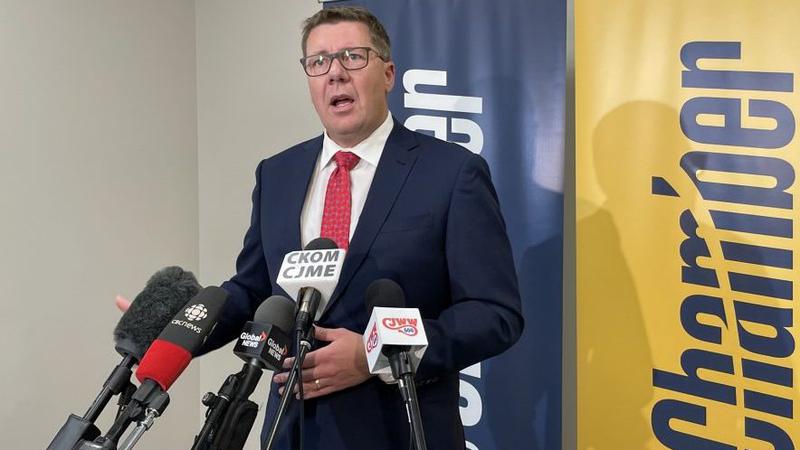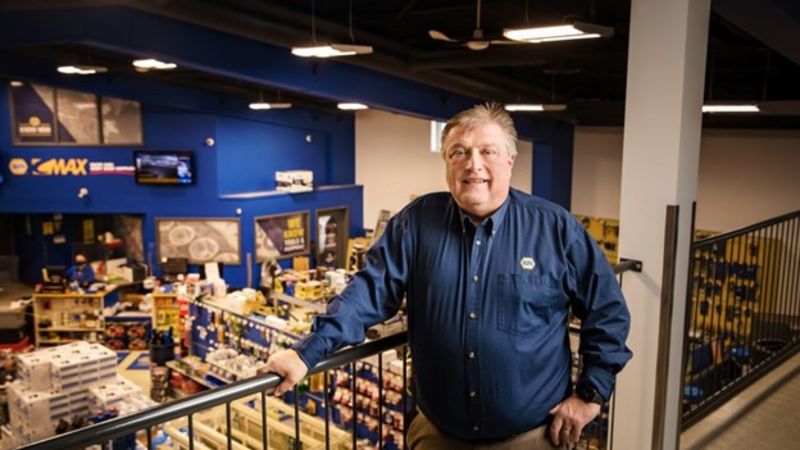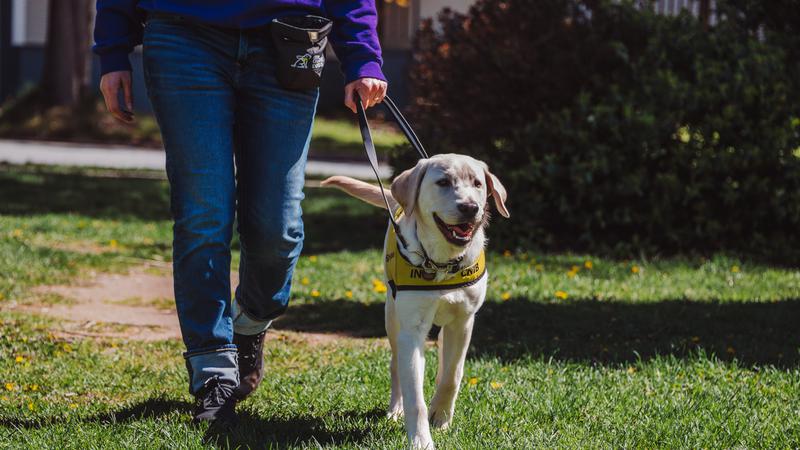
Province helping accredit health workers living in Sask. to counter shortage
It’s about to get easier for health-care workers from other countries to work in Saskatchewan.
Premier Scott Moe said part of the work being done to address the physician and health-care worker shortage in the province includes expediting accreditation processes for people from other countries who now live here.
The premier said work alongside accreditation boards is “already underway and in many cases it is complete” to expedite the process for health-care workers who already live in Saskatchewan.
Saskatchewan people can expect to see work on the Health Human Resources Action Plan (HHRAP) come to fruition this fall, Moe said. The goal of the plan is to add 1,000 health-care workers to the province.


